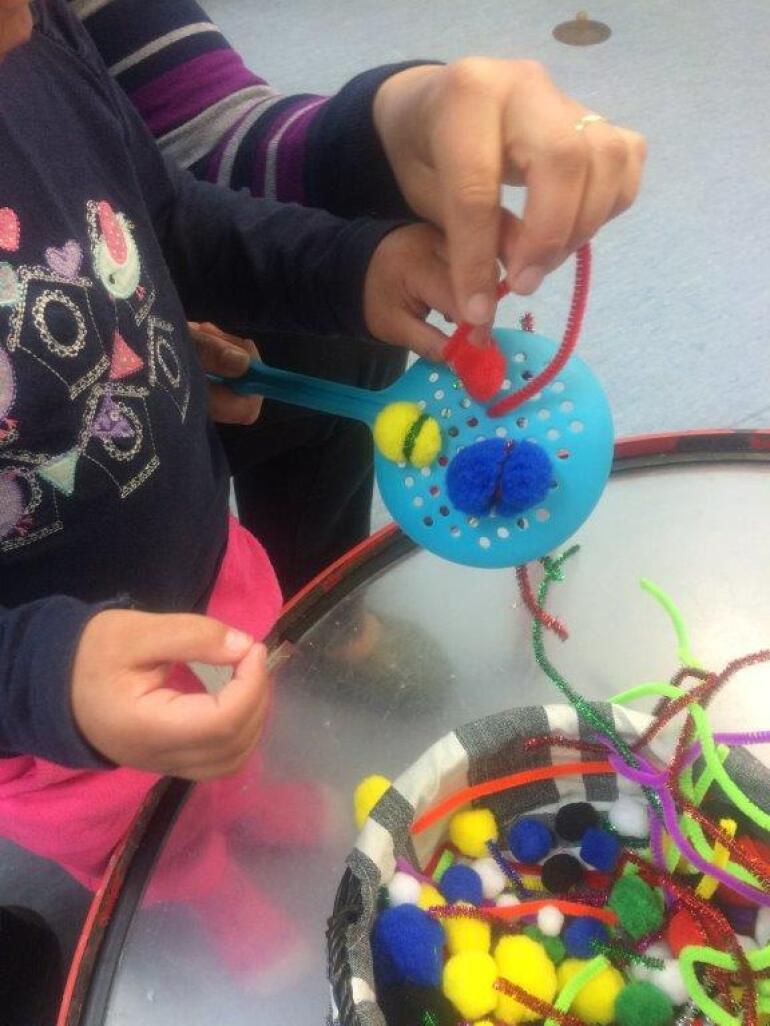News And Events

Dispositions for Learning
21 September 2016At Nurtured at Home our teaching and learning educational programme is based on the New Zealand Early Childhood Education Curriculum – Te Whāriki. The strands and principles of Te Whāriki seek to encourage children, “to grow up as competent and confident learners and communicators, healthy in mind, body, and spirit, secure in their sense of belonging and in the knowledge that they make a valued contribution to society”. (Ministry of Education, 1996).
Alongside the acquisition of skills and knowledge, we encourage children to develop learning dispositions. Te Whāriki notes that “dispositions are important ‘learning outcomes’. They are encouraged rather than taught. To encourage robust dispositions to reason, investigate, and collaborate, children will be immersed in communities where people discuss rules, are fair, explore questions about how things work, and help each other. The children will see and participate in these activities.”
In practice, we can support children to develop learning dispositions through the language we use as we guide and support our children in their play, discovery and learning. When we use language such as “I can see that you are being brave climbing up to the slide” or “I like how you are listening to your friend” then we are acknowledging children’s behaviour or “disposition” and reaffirming their actions. In this way a child hears many times during the day what is acceptable as opposed to what is not. This is powerful language from an adult and encourages children to explore, participate, and play freely as they gain confidence in understanding what is appropriate as opposed to being told what is not acceptable.
If we tell a child ‘no’ or ‘don’t’ then we need to ensure we also tell the child what it is we would like to see so that they gain an understanding of what is acceptable to do next. For example, if a child is knocking down the blocks that other children are playing with, we can turn this into positive guidance and encourage the dispositions of contribution and trust by saying “I like it when you concentrate to build with these blocks; which blocks would you like to choose?” As the child then starts choosing some blocks, you can reinforce the dispositions you would like to see by saying “Thank you for making a choice, now can you show me what you might make with these blocks” (encouraging curiosity and perseverance).
Our children are growing up in a world that is forever changing, and so we can help prepare children with the skills to cope in an ever changing world. We can do this by setting up our home learning environment, considering our interactions, language we use with children and how we respond to children at play to ensure we are maximising opportunities for children to practice using positive learning dispositions. Learning dispositions are characteristics or attitudes to learning, and are about children learning how to learn rather than what to learn. We look at five learning dispositions in early childhood education, which are courage, trust, perseverance, confidence and responsibility. We can set up play choices and use language that encourages children to practice their learning dispositions, towards becoming more robust over time.
Some examples of language we could use when recognising and responding to children’s learning dispositions at play can include:
Courage and Curiosity - being brave, taking an interest, exploring, trying, being curious
Trust (and playfulness) – being involved, being trustworthy, respectfulness, being playful, creating your own open-ended play, being imaginative, feeling comfortable and a sense of belonging
Perseverance – not giving up, persisting with difficulty, challenge and uncertainty, concentrating, working hard
Confidence – expressing an idea or feeling – communicating both verbally and non-verbally, listening to others, making friends, “I hear you”, acknowledging feelings, thoughts and ideas as being valid, asking for help
Responsibility (for justice and fairness, and the disposition to take on another point of view) – all by yourself, turn taking/sharing, kindness, empathy, understanding actions and consequences, being responsible, helping out and helping others
As Te Whāriki summarises, “dispositions to learn develop when children are immersed in an environment that is characterised by well-being and trust, belonging and purposeful activity, contributing and collaborating, communicating and representing, and exploring and guided participation.”
We believe that when children see themselves as someone who tries new things (courage), keeps going when it is hard (perseverance), knows when to stop and ask for help (confidence), learns from making mistakes (responsibility) and have caring people involved in their learning (trust), are children who will be successful in an unknown world.


